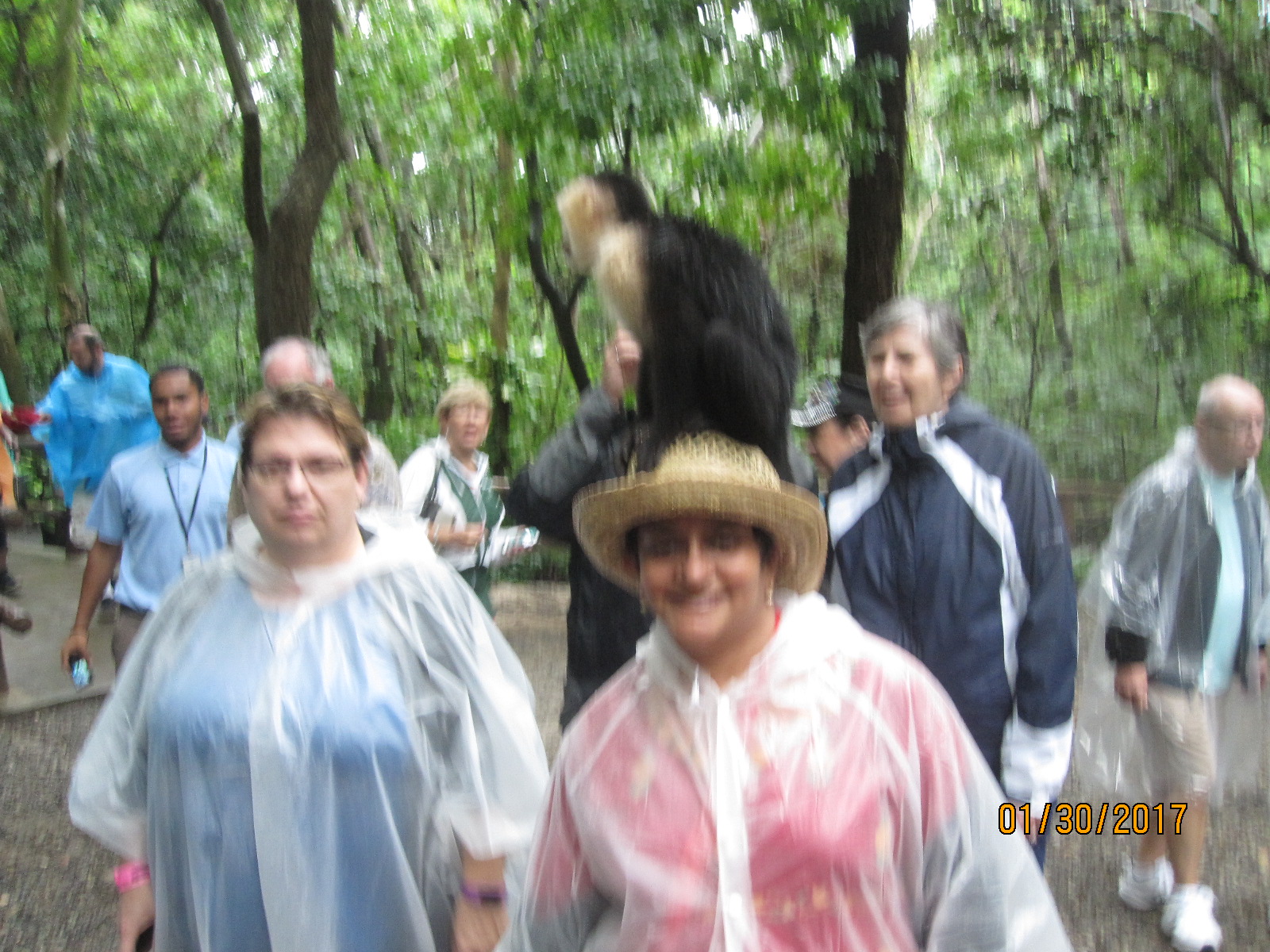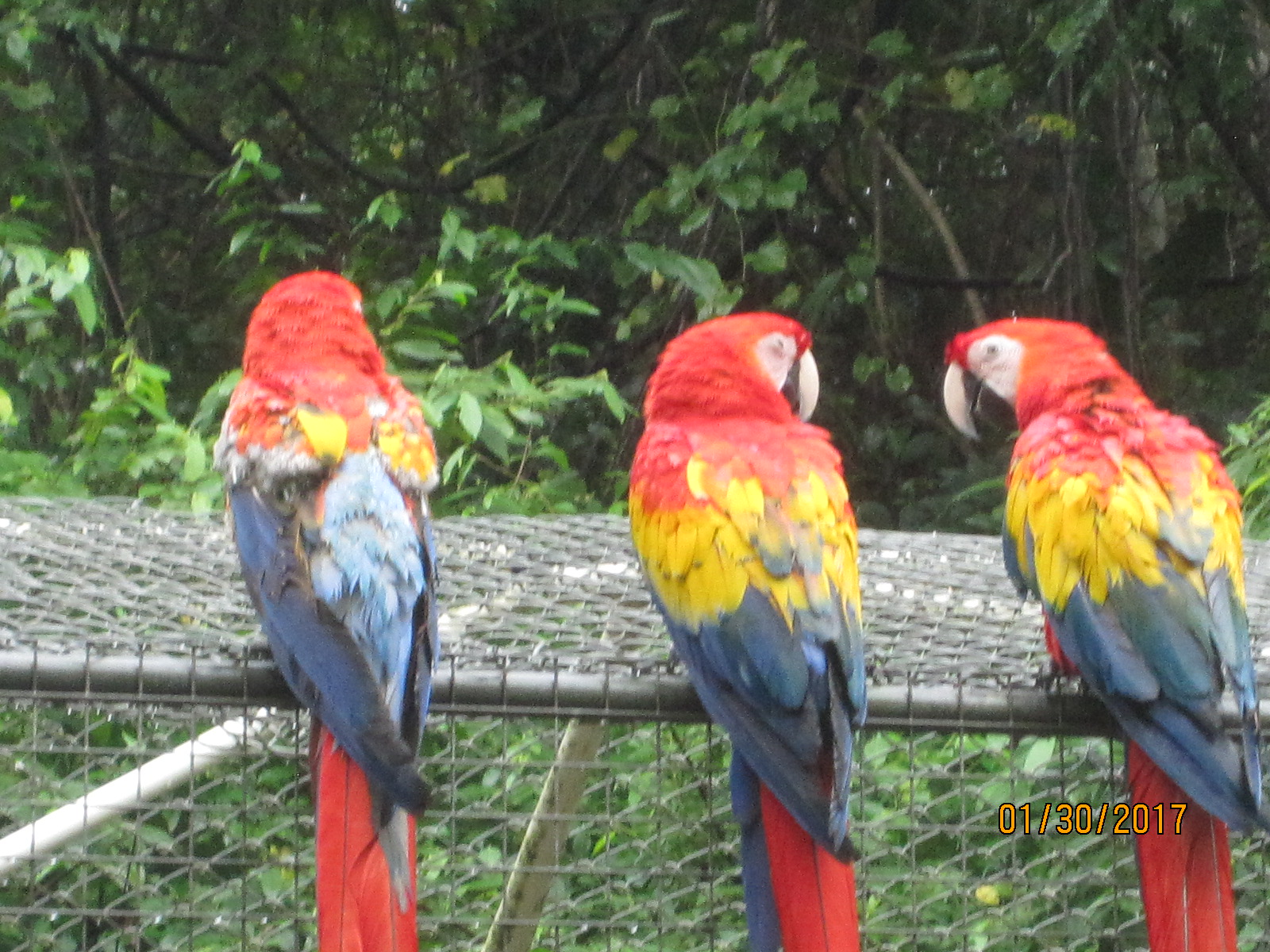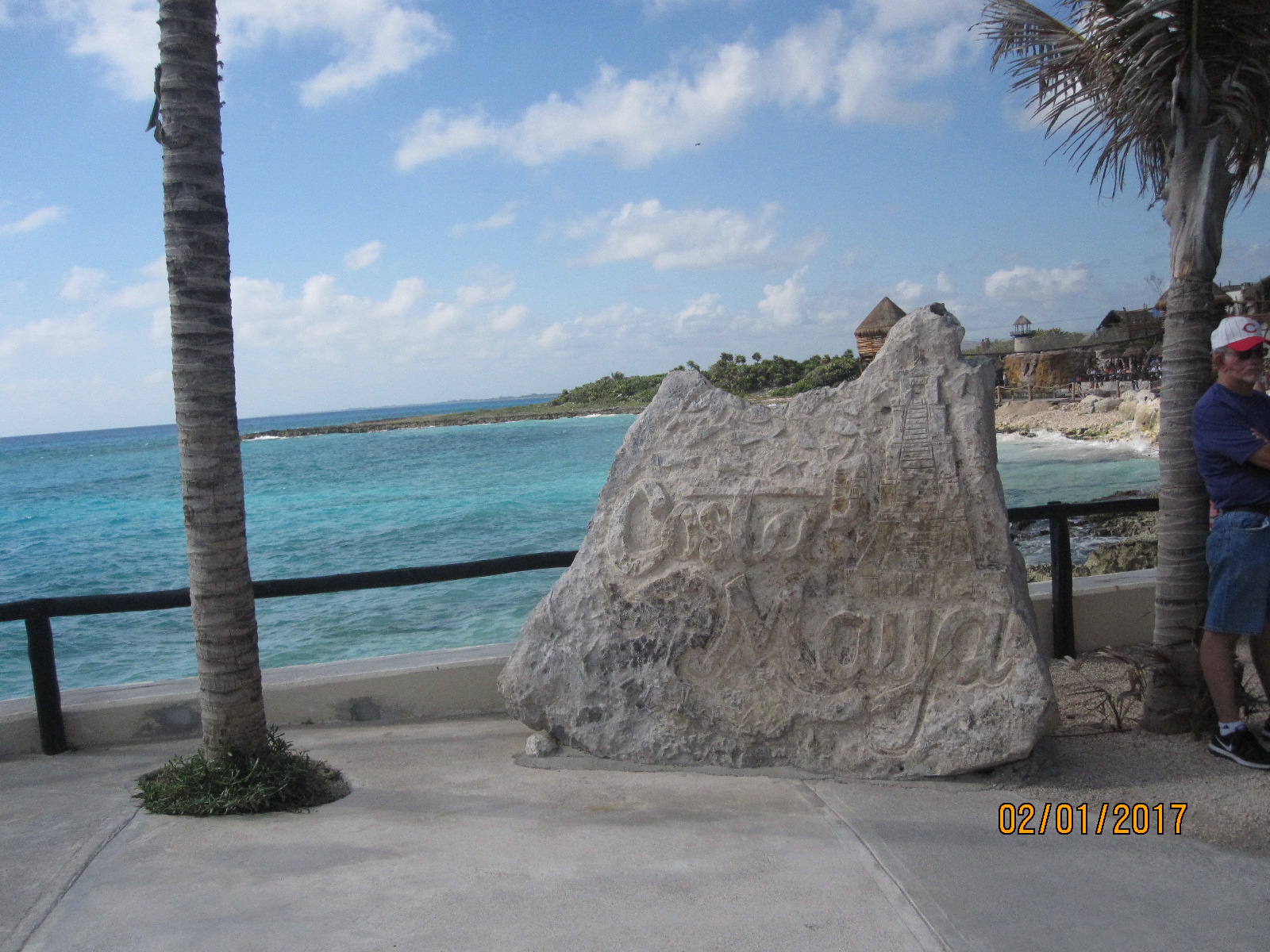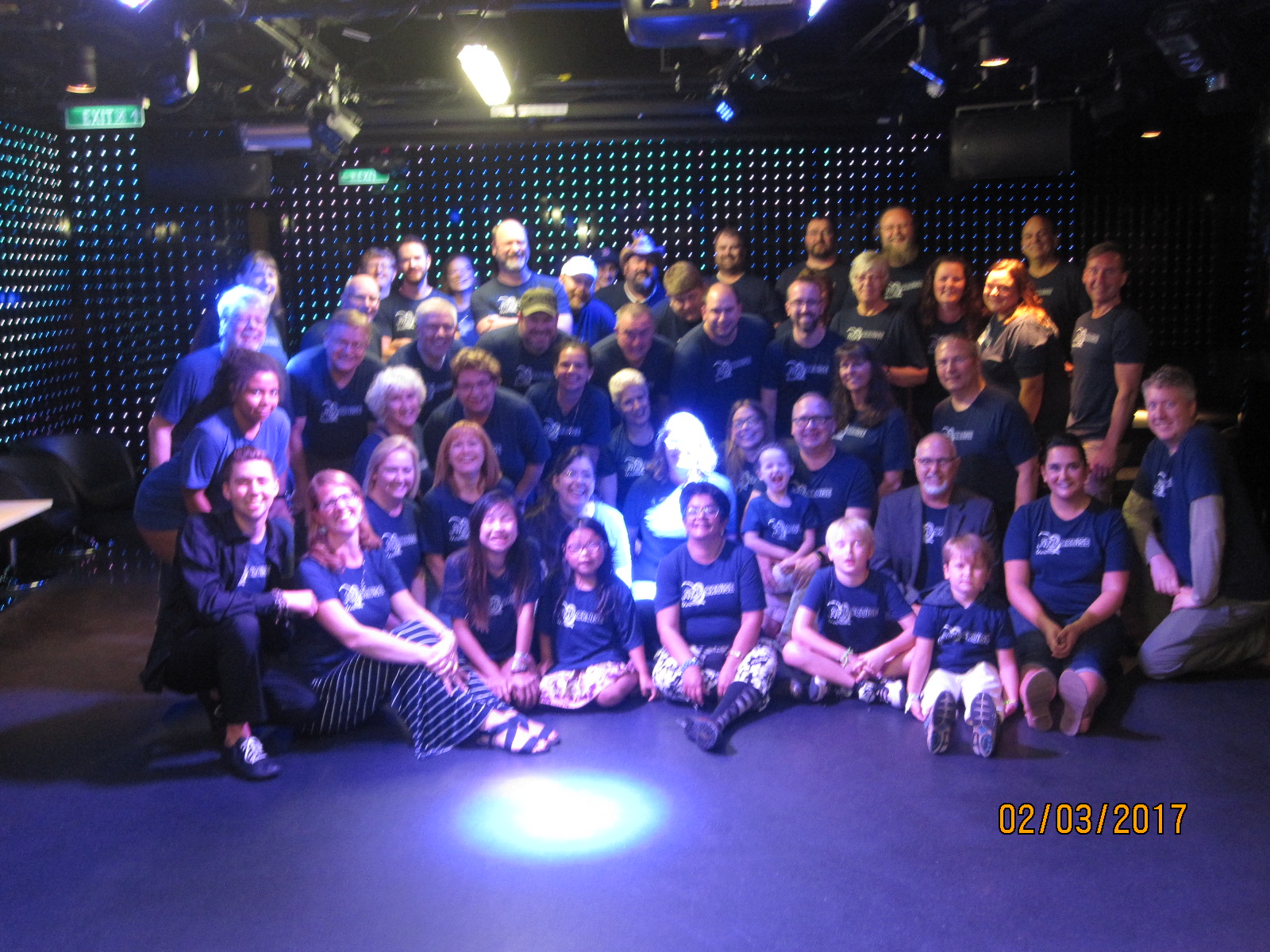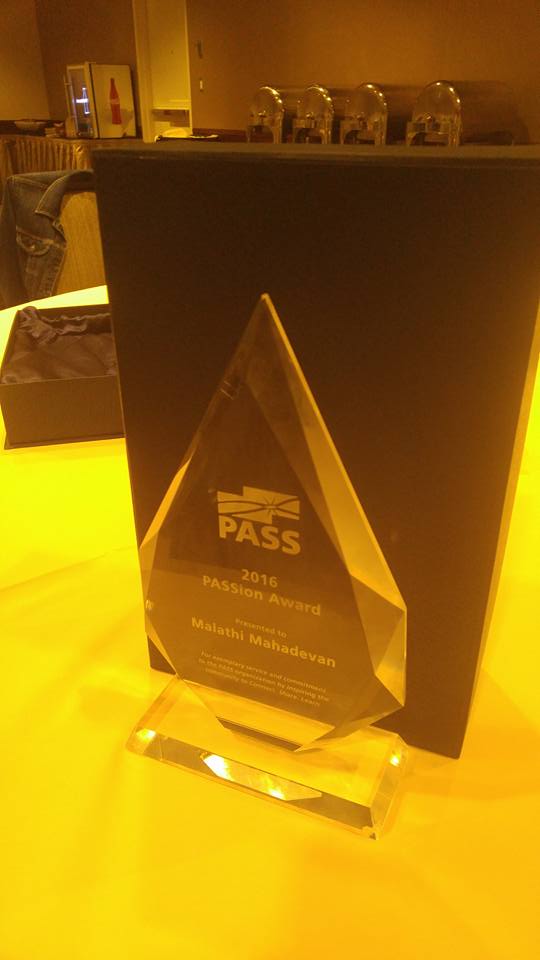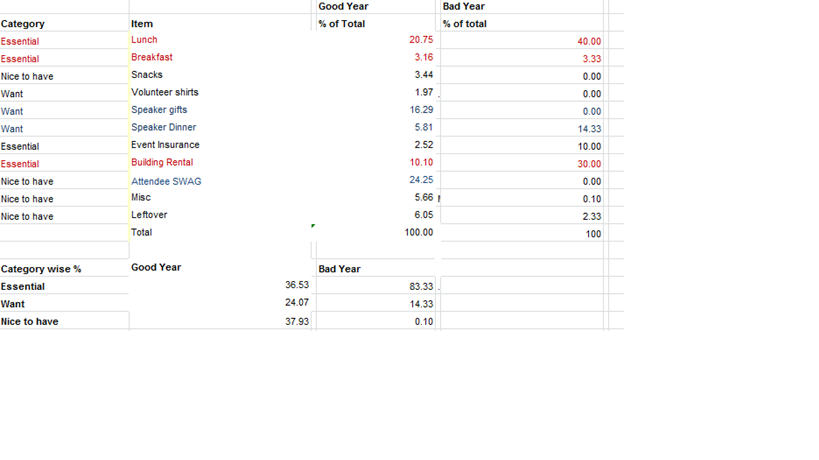My good friend Gina Menorek shared this article from NY Post on the overwhelming exhaustion among tech workers. The article talks of ‘quiet quitting’ – not quitting our jobs but quitting the idea of ‘going above and beyond’, setting goals, aspirations, and various, that were a regular habit with many of us. The article speaks of the increased exhaustion that is triggered by virtual work – meetings, ‘reminders’, and constantly staring at boxes instead of real people. To me, the weird, eerie silence that I am confronted with as I login in the morning – as opposed to walking into a place with people, coffee in hand, and exchanging greetings – that’s a feeling I can never get used to, even after 3 years of this.
A lot of people I talk to in the community suffer from this, and nobody has any clue of how to get out of it. Some have followed their work dictates and gone back into a ‘real office’, to see if that helps. Others have preferred ‘hybrid work’, going into an office one or two days a week. I don’t think though, that virtual work is the root cause of this exhaustion. It certainly has contributed to it, but I believe it is a lot more than that – it is years of working a certain way and having expectations that don’t seem to actualize in ways we thought they would. Most of us were climbing ladders that were leaning against the wrong wall to begin with, and now we are wondering why we aren’t there. By ‘there’ I don’t mean material achievements – am pretty pleased about how I did money-wise. Our company got bought out and stock payouts were totally worth the time spent there. Most of us are well paid and can’t complain much in that regard. But a lot of us don’t know what is next for us. We are also at some level tired of how the tech industry operates in general (That’s a whole post in of itself). But basically, the system we have to fight daily, leaving us exhausted. My late dad also used to say that every occupation comes with physical hazards, or in other words, has a health impact that happens over time. I never understood what it would be for me until 2020 hit.
My personal story for the last two years is as below.
Setting goals is all about two important things: staying healthy and knowing where you want to go and how to get there. But in 2020, with the arrival of Covid, both of these things got messed up for me.
In 2018, I moved to Raleigh and started a new job as a database engineer. This was different from the production DBA work I had been doing for the past 25 years.I was tired of the on-call duties and lack of recognition in my previous roles. The new job was modern and complex, with no on-call duties, but adjusting to working in a highly individualized style was hard, as most of my prior roles were highly collaborative in nature. Just when I was getting used to it, Covid came along.
During 2020, I lost four family members, including my Dad. Dealing with isolation and the fear of more losses took a toll on my mental and physical health. Menopausal symptoms made things worse, causing back pain, acid reflux, and TMJ-related pain. The TMJ was a condition caused by years of typing on a keyboard and sitting a certain way. A variant of this condition is also called ‘tech neck’. It causes a lot of pain, difficulties with swallowing, blurred eyes, and various conditions.
I started to lose the thread of thoughts as I was working on a problem, or sitting in meetings with my boss. Friends recommended I talk to HR and go on medical leave until my body and mind got functional. The HR folks where I worked were very kind and friendly – the CEO And CTO actually even reached out personally to offer any assistance as needed when my Dad passed. My boss was also an exceptionally kind human. However, my own sense of pride combined with prior negative experiences using HR help prevented me from asking for any assistance formally. I somehow muddled through work, making many mistakes as I went along and expecting to be fired for something or the other almost daily. I still don’t know how I made it through all this but perhaps I did contribute a little something, and my boss was kind enough to excuse the mistakes. After spending a ton of money on doctors and medication, I got myself to a tolerable state by 2022.
To keep my mind focused, I decided to enroll in a master’s program in Strategic Communication. Even though I don’t plan to work in PR or HR, the program covers things like ethics, data analytics, and communication styles for good leadership, that interest me. That combined with my involvement with WIT causes got me thinking about becoming an ethicist, especially in the growing field of AI Audit. Taking more courses on data governance is helping me shape a possible second career.
Getting back to the general scenario we are in as a community – the post-Covid Era is proving to be enormously challenging to a great many people. Salaries are lower, expectations to return to in-person office work are high, and exhaustion caused by continued online/siloed work is widely prevalent. There are several talented people out of work. Many have left jobs on their own without anything lined up because of sheer exhaustion.
One of the scientists I follow for Covid Related, Dr Nicholas Christakis, predicted some of this pretty accurately. In his article he says ‘When we eventually enter this “intermediate phase”, (of the pandemic, where we are now) we will find that we have been “devastated” and are left to “clean up the clinical, social, and psychological destruction” in the pandemic’s wake. Virus-related disability, gaps in children’s education, grief, job loss, higher taxes, and inflation are just some of the Covid-induced issues we will all need to deal with during this period.’
He also offers optimism for things to come in 2024 and beyond. ‘The intermediate phase will last until 2024, Christakis predicts, and then we will enter the post-pandemic period. “I think that will be a little bit of a party,” remarked Christakis. “Like any other collective threat…those of us who survive will rejoice.”
Looking ahead to 2024, my main goal is to get healthier. I want to be able to travel without worrying too much about what I eat. Every day, I hope for the end of Covid and a return to a world without masks. I will be completing the Masters in Spring (my late Dad would be proud). I have A grades in all semesters so far and deem that to be an achievement as well. What will I do next for a job after this one goes away or I leave on my own, am not totally clear yet. But I know I will get there. Until then am giving it the best I can and living up to the trust my boss and colleagues have put in me.
In the words of my teacher, Rick Jarow, “When one door closes, another opens, but there can be a long hallway in between.” I believe that even though 2024 might be a challenging time for several of us, we will come out of it stronger and in better shape.
Here’s to a hopeful and transformative New Year!

